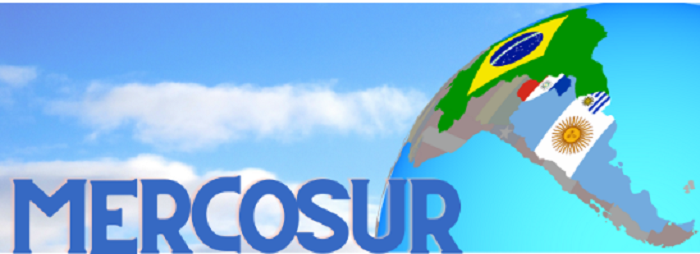
After 25 years of negotiations, the EU-Mercosur agreement is poised to become one of the most comprehensive trade deals ever concluded by the EU. For Europe’s spirits producers, it represents a critical opportunity to boost market access, diversify export destinations and strengthen the protection of iconic geographical indications.
The agreement’s conclusion is timely. With geopolitical tensions rising and traditional export markets like the US and China becoming increasingly unpredictable, the need to expand into new, promising regions is more pressing than ever. The Mercosur bloc - Brazil, Argentina, Paraguay and Uruguay - offers untapped potential for EU spirits. It is now essential that the EU signs, ratifies and brings this deal into force without delay.
The Mercosur region boasts a combined population of 280 million and a GDP nearing $3 trillion — yet EU spirits face significant trade barriers in the region. Tariffs of up to 20% in Argentina and up to 18% in Brazil, Uruguay and Paraguay continue to restrict access. The EU-Mercosur agreement would eliminate all these tariffs within a short transition period (most within four years), substantially enhancing the competitiveness of European spirits across the region. Iconic categories such as Irish whiskey, Polish and Swedish vodka, French and Italian liqueurs stand to gain the most. This agreement also creates opportunities for smaller producers and emerging categories like gin and brandy.
Beyond tariff cuts, the deal includes a dedicated annex on wine and spirits. This addresses long-standing non-tariff barriers and paves the way for deeper regulatory cooperation, a crucial step in reducing unnecessary compliance costs and levelling the playing field for EU producers.
The agreement will protect 350 EU geographical indications (GIs), including key spirits such as Irish Whiskey, Polish Vodka and Swedish Vodka. It will prevent the misuse of protected names and imagery, providing unprecedented legal clarity and protection in these emerging markets, representing a substantial upgrade from current conditions. The deal is reciprocal, meaning it will also protect several Mercosur-origin GIs, including the well-known Brazilian spirit Cachaça.
The agreement also reinforces EU and Mercosur commitments to sustainability and climate action. It embeds the Paris Agreement into its core, enforces labour and environmental protections through a dispute settlement mechanism, and commits both sides to cooperate on issues such as antimicrobial resistance, food safety, and illegal logging. Importantly, the agreement will not compromise EU food safety standards. Strict controls on food imports remain in place, and cooperation on regulatory science ensures shared progress without sacrificing consumer safety.
Trade agreements are not just about what is agreed, but when. The EU has a unique opportunity to lead in the Mercosur region, but that window is narrowing. European Free Trade Association (EFTA) countries have already concluded their own agreement with Mercosur. Delays in ratification could allow other competitors to gain ground, at the expense of EU producers.
Establishing brand recognition, local partnerships, and distribution networks takes time. EU companies need the legal certainty and political commitment to invest, and they need it now. Once ratified and in force, the EU-Mercosur FTA will unlock new growth opportunities, support rural jobs, and secure the EU’s place in a high-potential, underdeveloped market. spiritsEUROPE urges policymakers to move swiftly and decisively: now is the time to act, so let’s seize this opportunity, before it slips away.